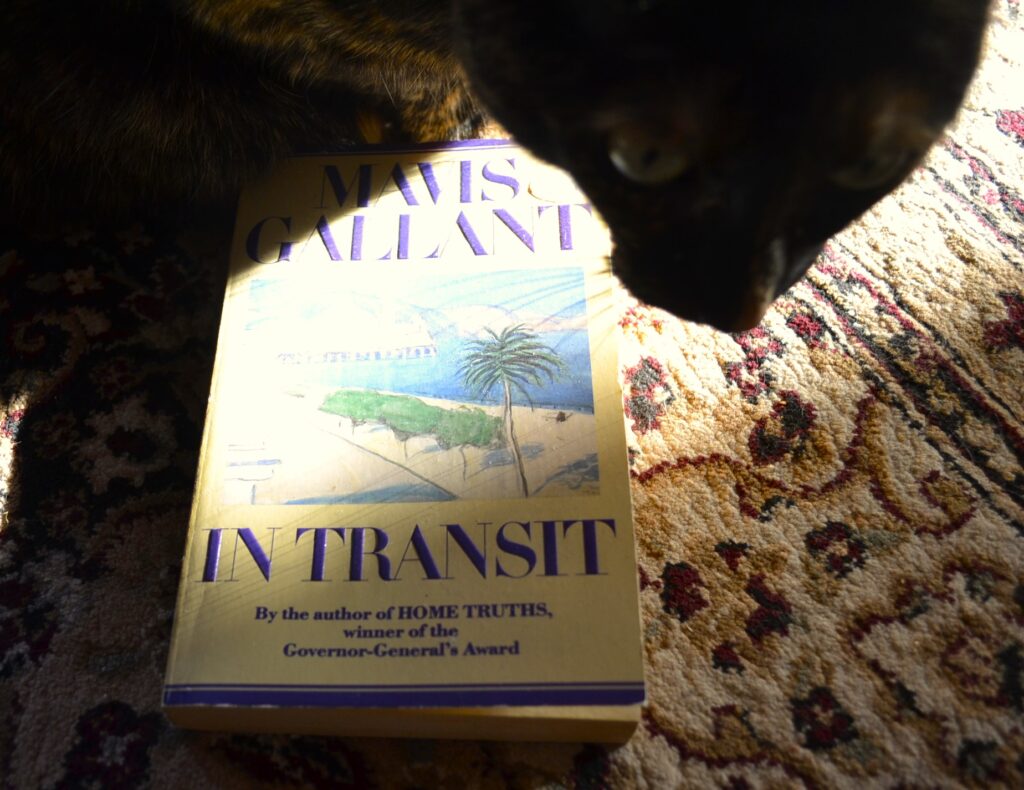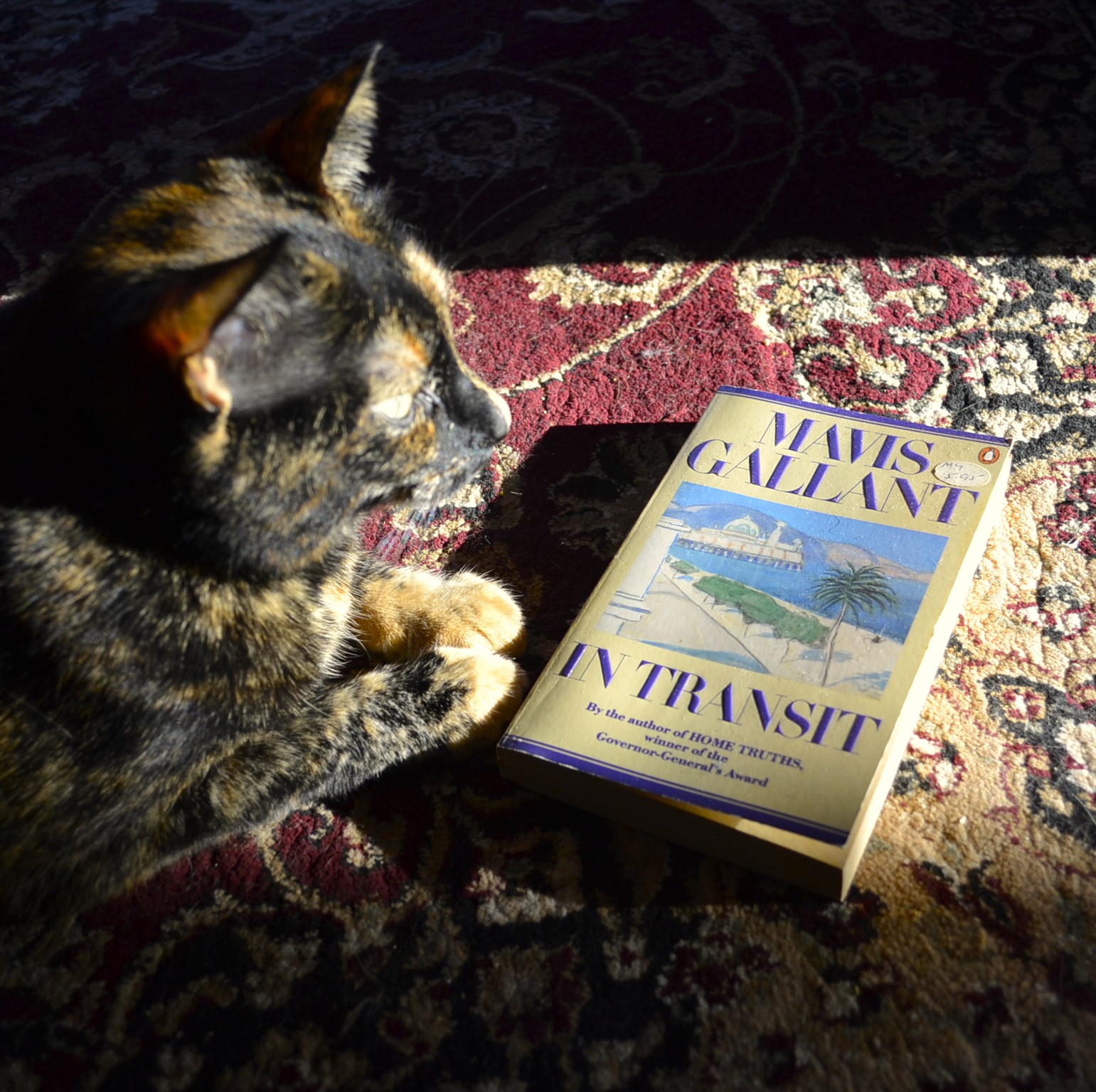Late Nights and Early Mornings
For the last week we’ve been busy enough to be up very late several nights and then up early in the morning for several days. It’s like temporarily living an existence in the liminal hours before most people get up and after most people have gone to bed. I’ve really enjoyed the quiet moments of hearing the birds singing in the silence before the cars start the morning commute and the kids hit the sidewalks on their way to school.
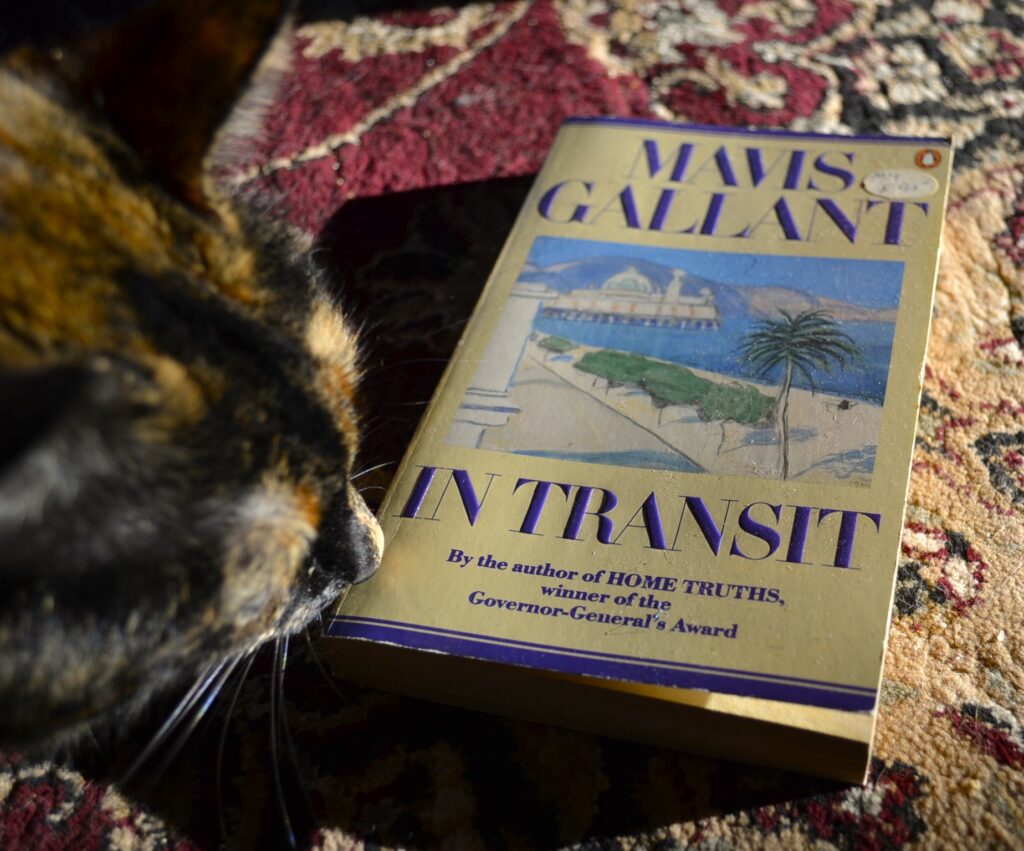
However, just because we’re existing in the liminal hours, it doesn’t mean the rest of the world is. Phone calls, appointments, and meetings still happen and I have learned that even in this world of remote work, it is still assumed that everyone is on a rough 9–5 schedule. I wonder if that will ever change. Though ironically, as freelancers, we’re expected to be on the clock nearly any hour of the day? Sometimes client expectations really don’t make any sense.
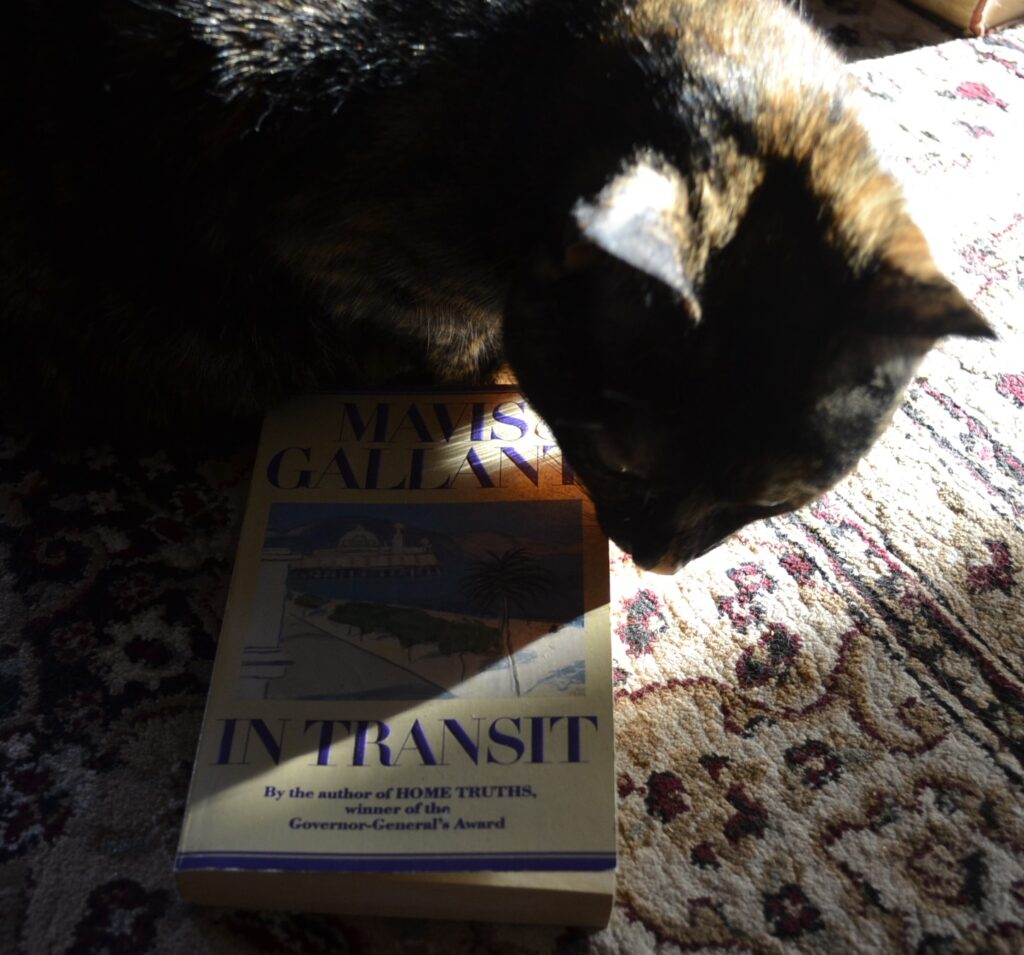
A Short Story Collection
I’ve decided to kick off Women’s History Month with a review of Mavis Gallant’s In Transit. Published in 1988, it’s a collection of short stories that originally appeared in the New Yorker in the 1950s and 1960s, and focus on the experience of living abroad as an ex-pat. The stories are short, eloquent, and are more about internal states than external events.
Gallant herself was an ex-patriate, as a result of which her writing has often been overlooked in her home country of Canada. She travelled extensively, was a journalist of renown, and wrote prolifically — including novels, plays, short stories, and articles. She had an incredible career.
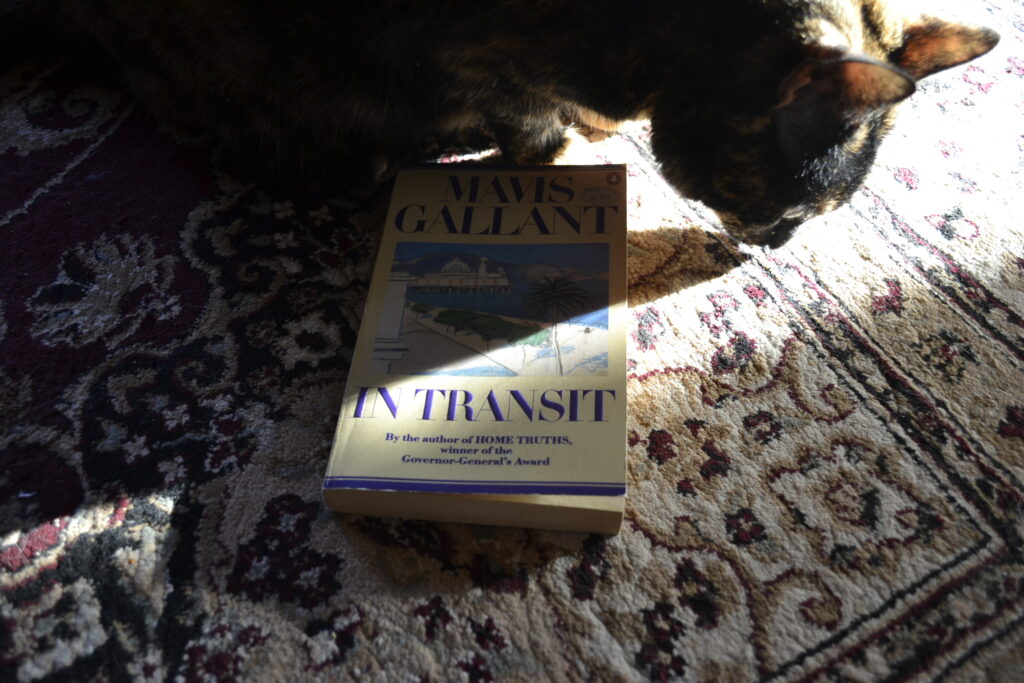
Part of the reason, I decided to review Gallant first this month was that I hated the depiction of her in Wes Anderson’s The French Dispatch. There was one character that was purportedly based on Gallant, but the base characterization had taken a few articles and twisted them into something unrecognizable as the person it was supposed to be representing. It was a misogynist depiction of women in politics and journalism.
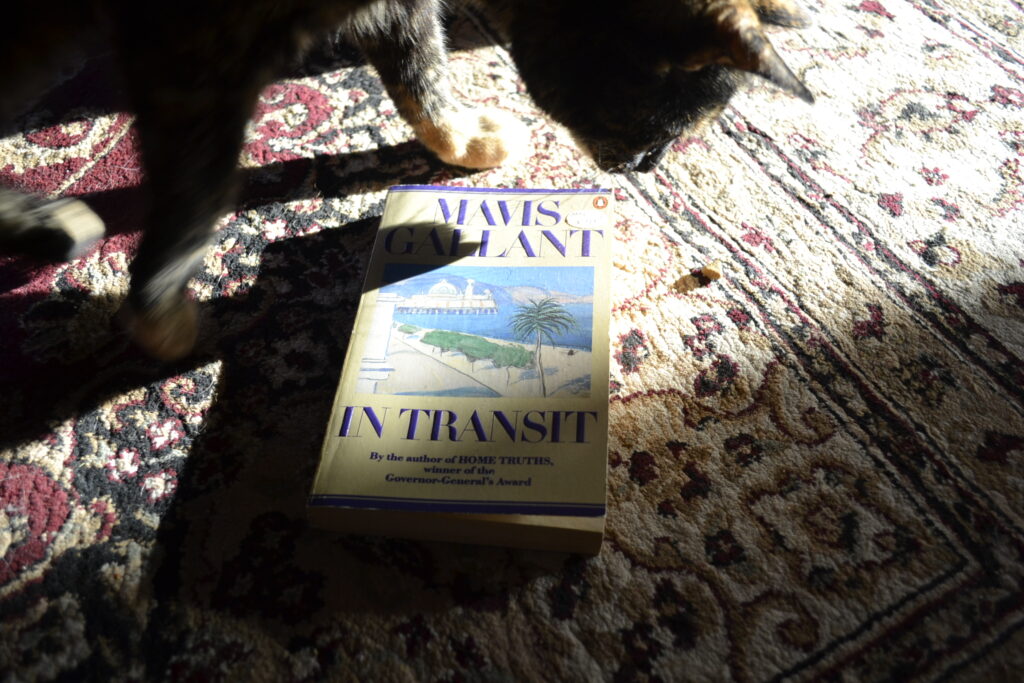
Being Lost Abroad
Unlike most short story collections, In Transit is a work that I would recommend considering as a whole. Though the stories were published separately and years apart, they share a very similar theme. All of them are about being lost in time, lost in space, and lost somewhere far from home. All of her protagonists are trying to escape something and end up bringing the problem with them — whether it be a marriage founded on insecurity and deception (‘Better Times’) or an over-involved and dependent parent (‘A Question of Disposal’).
There are lush descriptions of exotic locations, but always with a symbolic flow like damp or heat or insects or being constantly under the threat of smugglers. Also the descriptions are there to ultimately become irrelevant, as the characters and their problems exist outside of them.
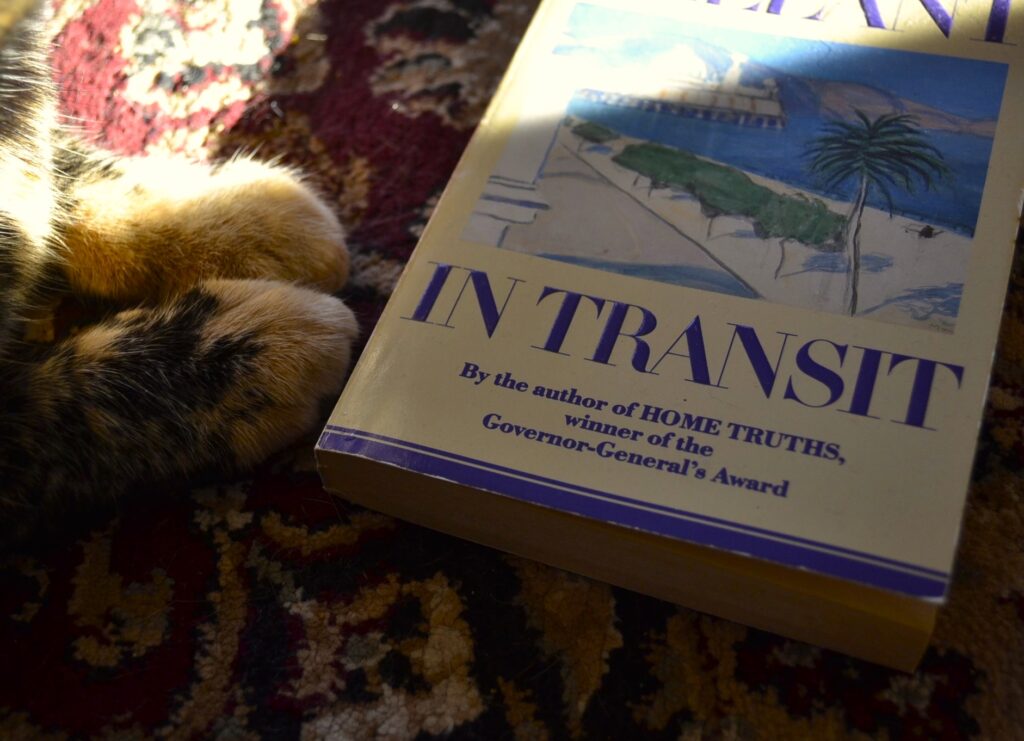
The Ghosts of Colonialism
To some extent, part of the point that Gallant is trying to make is a reckoning with colonialism and being an ex-pat. These stories are not diverse, even if their locations are. These are characters are primarily of one class and one background. They do not engage with their environment and they are uninterested in experiences outside of their own. In fact, they are constantly looking down on the ‘locals’ and holding themselves apart from any kind of culture or the community they have relocated to, hiding in resorts and enclaves of people doing the same things they are.
The refusal to engage with their surroundings and acknowledge their own foreign status serves as the uniting aspect in these narratives as Gallant paints a masterful critique of the white ex-patriate community, no matter where they have settled or their country of origin.
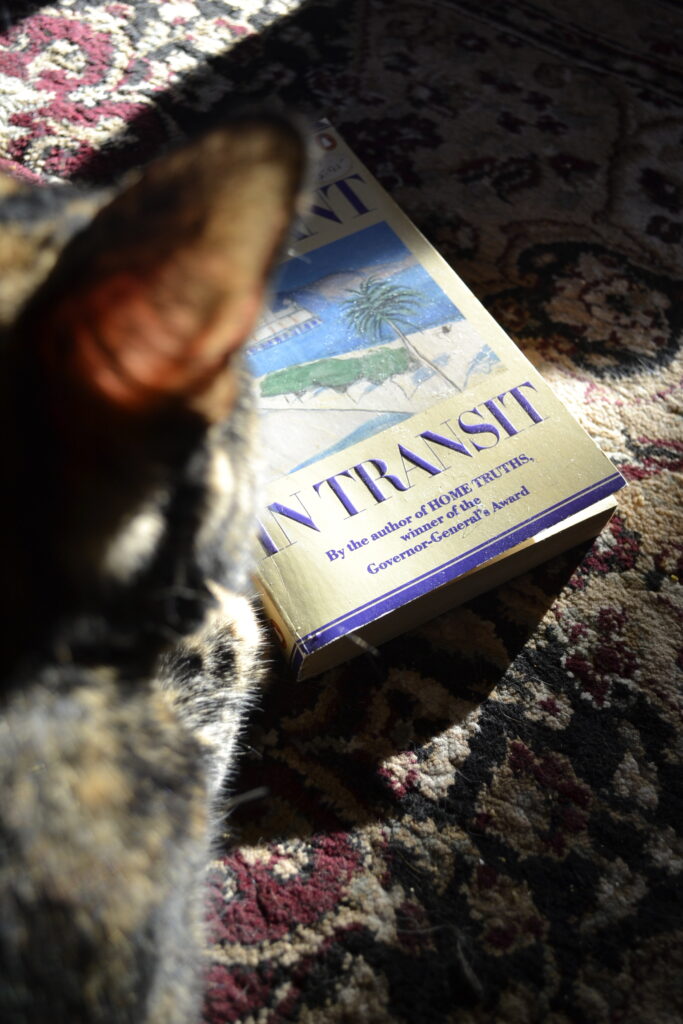
It Doesn’t Just Disappear
As much as this week’s deadline might be over, that doesn’t mean that the stress just disappears. I often have problems sleeping and remaining calm for a few days after the work is done. I still feel on edge and I still feel like there must be some work left undone, even if I know that’s not true.
My lovely spouse helps a lot, mostly by spending time with me and reassuring me that I haven’t forgotten anything and, yes, we truly are done that work we’ve been concentrating so much on that I’m surprised I haven’t been dreaming about it too. I’m hoping some films and some quiet time will ease out the last of the stress today.
